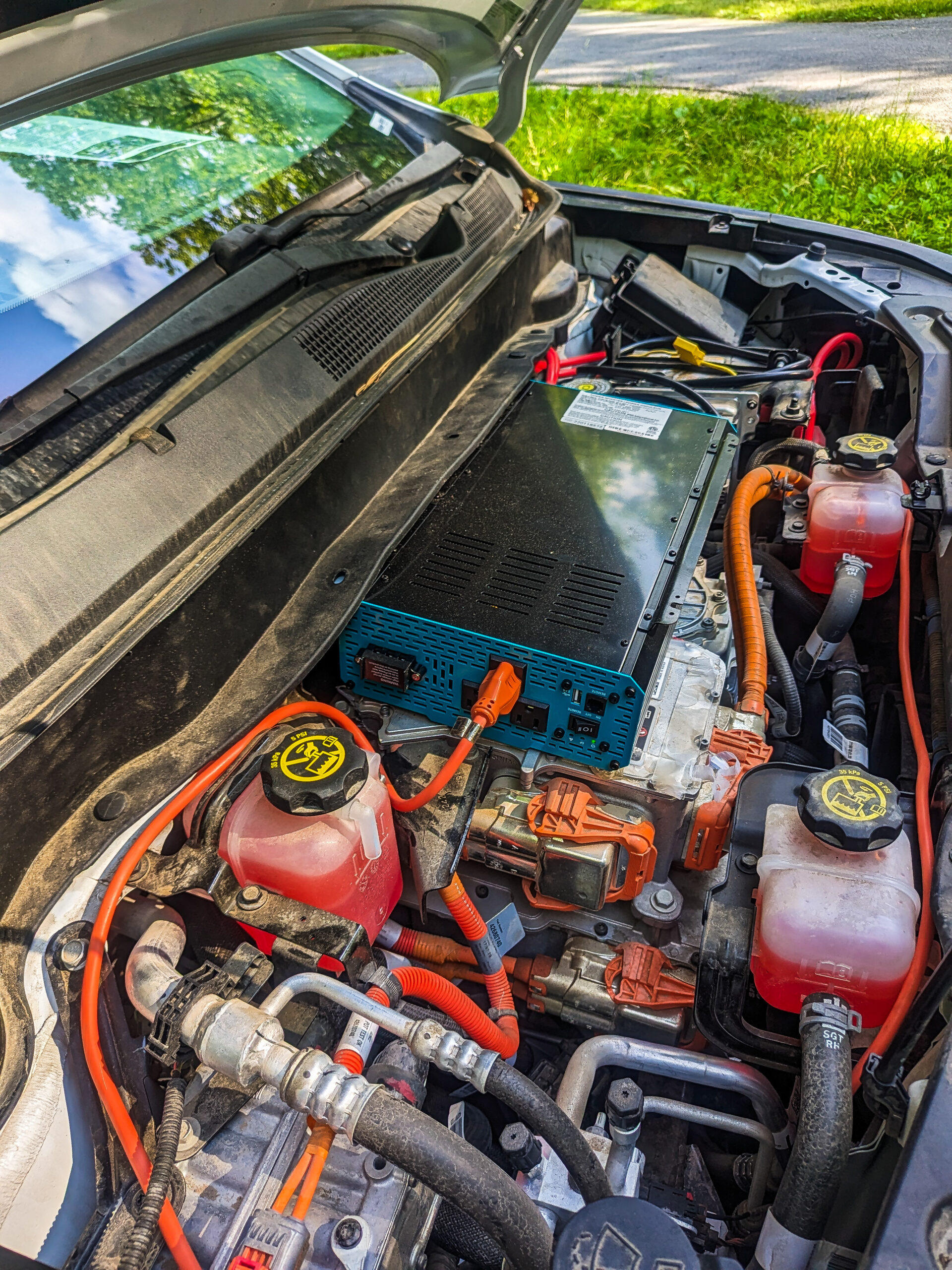Less than two years after returning to operational mode, the Avebury nickel mine is being transitioned back into care and maintenance.
The Avebury nickel-sulphide project is wholly owned by Mallee Resources and is located approximately 8km west of the town of Zeehan, within a known mining district on Tasmania’s western coast.
Mallee Resources’ receivers and managers were appointed in September 2023 and have been operating Avebury while searching for a long-term buyer.
KordaMentha Restructing, an advisory and investment firm, cited the weakening nickel price and the increase in Indonesian nickel supply as the reason behind the mine’s closure.
Avebury mine receiver Scott Langdon said the oversupply of low-quality Indonesian nickel made the higher priced, good quality Australian nickel uncompetitive.
“As a number of Australian miners have recently experienced, without a structural change in the market to properly value low-carbon, battery-grade nickel, local mine operations will continue to be disadvantaged compared to their competitors,” he said.
“It is disappointing that despite interest from global participants, current market conditions have presented challenges to finding the right path for a sale at this point in time. These external factors left us with no other choice than transitioning to a care and maintenance program for Avebury.
“We thank the Avebury workforce for their hard work and support throughout the receivership.”
The care and maintenance plan will be communicated to Avebury employees and stakeholders over the next few days.
Avebury’s closure is just the latest nickel mine to close in Australia.
IGO is currently transitioning its Cosmos nickel project into care and maintenance, Wyloo is doing the same with its Cassini, Long and Durkin mines, which led to BHP pausing part of its Kambalda processing operations in Western Australia.
The nickel downturn has also had an effect on other nickel miners operating in Australia, notably Chalice Mining, First Quantum Minerals and Panoramic Resources.
As a result, Federal Resources Minister Madeleine King and WA Mines Minister David Michael met with nickel and lithium producers in late January to discuss challenges facing the industry.
Following the discussions, King, Michael and the WA Government, will accelerate discussions within Government on incentivising investment through the taxation system and will urgently progress discussions with State and Territory Governments on common user infrastructure for critical minerals to include strategic materials like nickel to complement the Strategic Infrastructure Hubs Scoping Study.
They will also engage in further discussions with the Chamber of Minerals and Energy WA about the future of the nickel industry and the role of royalties.
King has also repeatedly recommended a ‘green price premium’, which would differentiate between the Australian-produced nickel that follows strong environmental, social and governance (ESG) standards and the low-quality nickel produced in Indonesia at an increasing rate.
She has called for tax incentives and the removal of downstream barriers to shore up foreign interest in home-grown commodities.
Subscribe to Australian Mining and receive the latest news on product announcements, industry developments, commodities and more.




